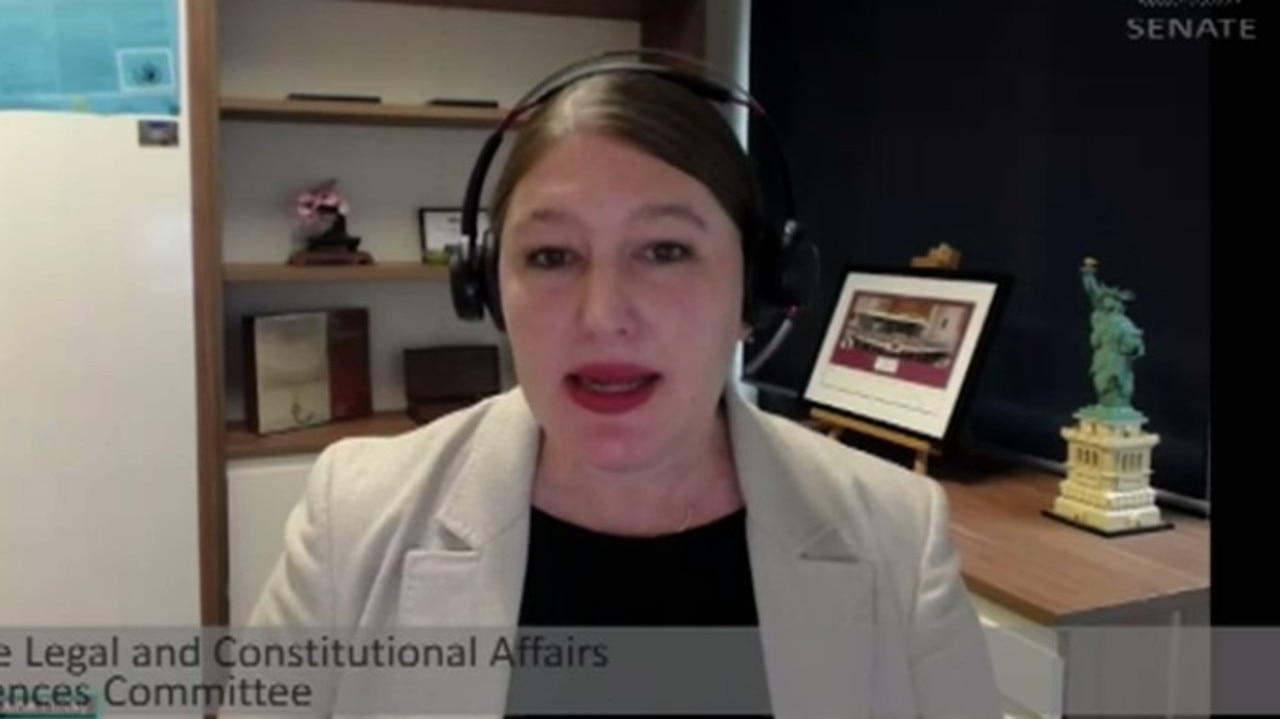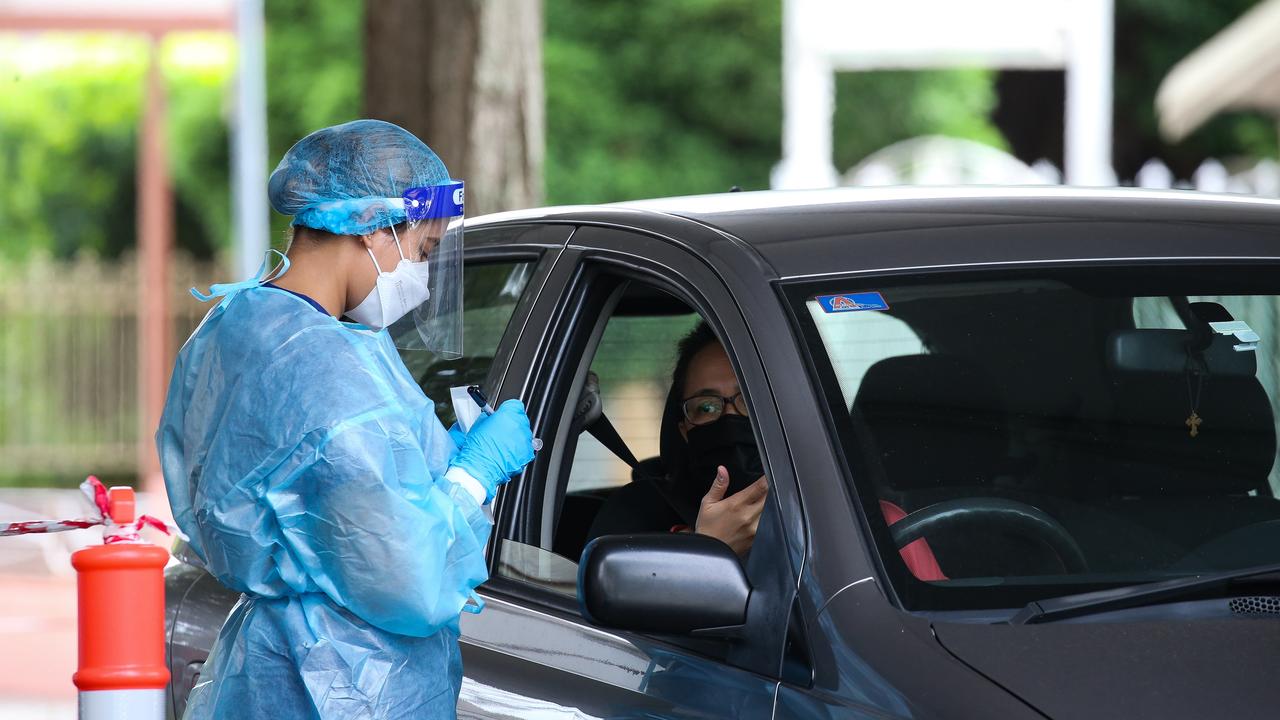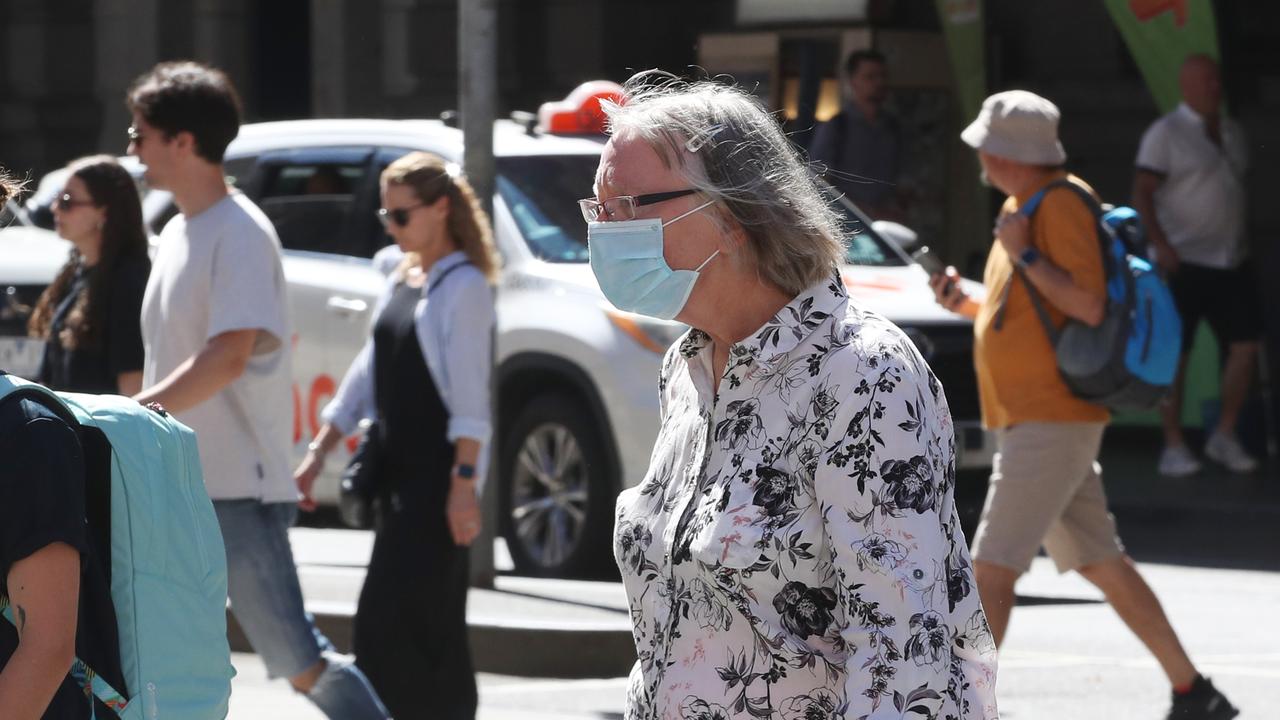Labor’s Covid inquiry ‘not sufficient’ as calls for royal commission grow
A human rights expert has raised that concerns Labor’s Covid-19 inquiry will not adequately address one issue.
Australia’s human rights watchdog has warned Labor’s inquiry into the Covid-19 response is “not sufficient” enough to calculate the “full human cost of the pandemic”.
The inquiry was criticised when it was announced last September for not having the same powers as a royal commission and excluding the decisions made solely by the states from its scope.
It means some of the most controversial parts of the pandemic response, such as lockdowns and border closures, are not required to be investigated.
Australia’s human rights commissioner Lorraine Finlay said the ongoing inquiry was not the “best option” to prepare for future emergencies.
“The powers of a royal commission to request documents, summons witnesses, take evidence under oath and hold public hearings are essential to ensure that the pandemic response can be reviewed in a comprehensive way,” she said.
She urged the federal government to consider establishing a joint royal commission with the states to better examine the “complex interactions” between the various jurisdictions.

“We need every part of our federation working together to ensure that we learn the necessary lessons both good and bad and that we are as well prepared as possible for any future pandemic or other form of emergency,” she said.
A focus on the human rights impact of federal and state decision making would be integral to any inquiry, given there was still a “lack of clarity” around how and why some actions were taken, Ms Finlay said.
A royal commission into the Covid-19 response was a key recommendation from the Labor-led senate inquiry into the pandemic.
As opposition leader, Anthony Albanese vowed to hold a royal commission “or some form of inquiry” and last year established a special commission of inquiry into the pandemic, due to report back in September.
Speaking with Sky News, Health Minister Mark Butler ruled out the possibility of that inquiry being elevated to a royal commission.

“We want this to be a sober, expert process. We don’t want it to be, you know, a witch hunt or a bit of a show that rakes over every single one of the thousands and thousands of decisions,” he said.
“Otherwise, we just won’t learn the lessons of the pandemic in the sober, evidence-based way that I think we need to.”
A federal parliamentary inquiry is looking at what stakeholders would like to have examined should the government change course. On Thursday, civil liberties groups, think tanks and medical bodies told senators about their preference for an inquiry with teeth to be ordered.
The Australian Institute for Progress’ Scott Prasser said with an election due this year in Queensland, he felt the decision was “political”.
“There were five Labor states and territories involved in managing Covid,” he said.
“It’s much easier to set up an inquiry like robodebt and get stuck into the previous government … but the reason is political. It could be embarrassing.

“I think the general view withinside the policy community of ‘let’s blame the Morrison government for everything’ is unfair because the Morrison government wasn’t in charge of everything.”
Redfern Legal Service solicitor Samantha Lee told senators a royal commission would go a long way to rebuilding trust between the community, police and government that was eroded during the pandemic.
“I think it can be built up with transparency and accountability,” she said.
Rapidly changing health orders in NSW, for example, equated to a change in the law every 2.5 days on average, according to the RLS.
“Our case work showed that due to the rapidly changing aspect of these laws, police were issuing (fines) unlawfully because they were not able to keep up,” Ms Lee said.
The Australian Nursing and Midwifery Federation told senators that hospital working conditions and preparedness should be a focus of any inquiry.
“The experience of Covid was an X-ray of the entire health and aged care system. It showed all the fractures, revealed the tiny breaks and even the cracks,” federal secretary Annie Butler said.
Ms Butler and the Royal Australian College of General Practice’s Mark Morgan said a national health agency, such as Labor’s promised centre for disease control, would help in the future.



